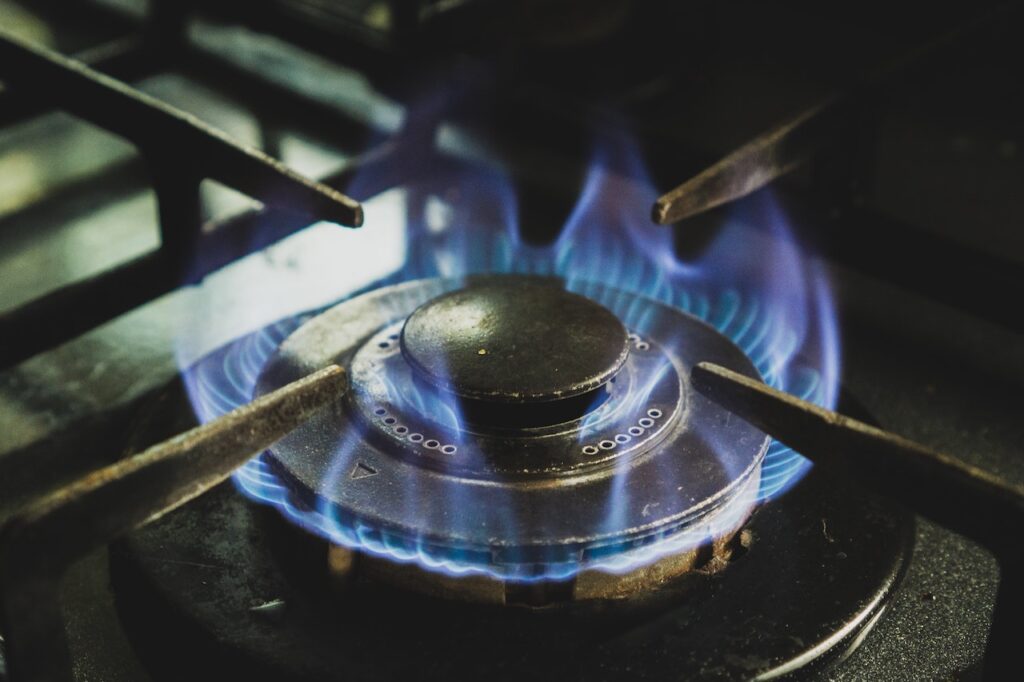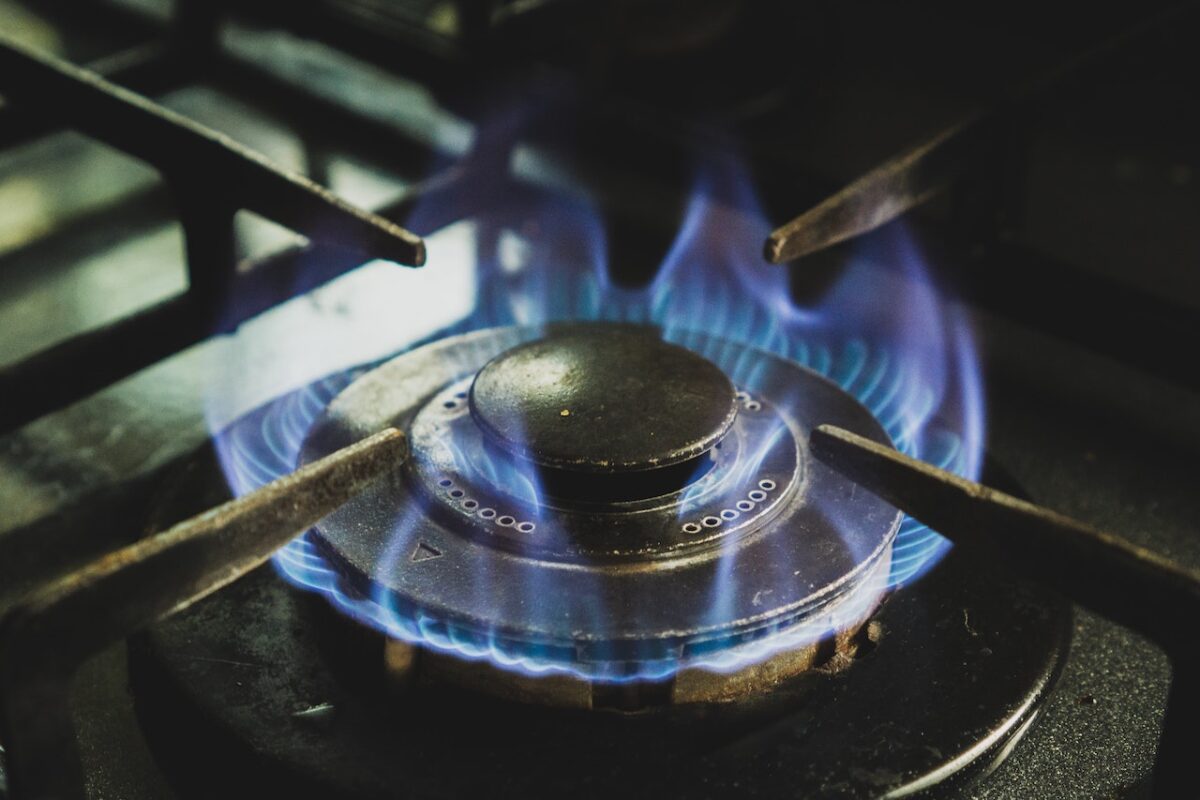
Note: this post talks about air source heat pumps (ASHP), there is a seperate technology called ground source heat pumps (GSHP) which is different.
This is being written in August 2022, over time this will hopefully become outdated and redundant! Although I hope it is a reasonably balanced view.
There is currently a lot of controversy about heat pumps in the UK and whether they are a good or bad alternative to gas boilers.
What follows are my observations from reading lots of discussion (I don’t own a heat pump system myself).
TECHNOLOGY & IMPLEMENTATION
The answer is, it really depends on the property that they are installed in.
Simply, the key factor behind whether or not heat pumps are good for a particular property or not, is understanding that heat pumps generate a lower temperature output for heating (~50°C) than traditional gas boilers (~75ºC).
This means that for a heat pump to be an effective option in a property there are two big requirements:
- that the property is well insulated so that it does not leak this lower level of heat output so quickly
- that you have suitably sized radiators for this lower level of heat output, or underfloor heating
Another consideration is that whilst you no longer need gas, your heat pump does use electricity and not a small amount of it either, because with the lower level of heat output your heat pump will likely be running longer over the course of a day compared to the traditional on/off/on/off/.. of a gas boiler.
Often the configuration for a heat pump system is that you set a target temperature and it is left on all the time, so you do not really think about “putting the heating on” (or off) any more — it is a completely different mindset.
The ideal scenario for a heat pump:
- Well insulated property, a new build or very well insulated retro fit
- Underfloor heating
- Solar panels
Unsuitable for a heat pump:
- Older property, not much retro fitted insulation
- Old radiators, they will often need replacing for larger
- Microbore pipes are a big no no
(all of these can be overcome, but there will of course be an associated cost and level of disruption)
If you are moving from a combi boiler you will need a location for a hot water cylinder. You will also need somewhere external to the property to site the heat pump unit. Both of these aspects will also need an amount of pipework that needs to be run in.
Two further issues are sometimes brought up but I would really class these as becoming historic issues. Firstly that heat pump units are noisy and secondly the achievable efficiency — these have certainly been issues that have existed but the impression I get now is that they are and have been overcome as the technology has evolved.
THE HEATING INDUSTRY
Finally, if you have decided on a heat pump installation and your property is suitable then you have to find someone competent to install it and maintain it.
This is the next issue and one which I think is a huge problem right now.
In 2022 the market in the UK is simply not mature enough yet for heat pumps.
Why have I reached this stark conclusion?
Heat pumps are quite a bit more complicated than a traditional gas boiler and require a thorough pre-installation survey, understanding the complex deployment options and a load of calculations to size and configure the installation correctly.
Far too often right now, there is a lack of suitable training, surveys are not being done by competent people and so installations are being incorrectly specified from the outset, the result being that installations are botched and never work properly and then further difficulty in finding someone competent to provide ongoing maintenance.
Two clear examples of the practices I am talking about:
(weather compensation, via an external sensor, is a key feature of more efficient heating systems and can be used by gas boilers too)
It is not all bad, indeed Urban Plumbers is one of the most technically knowledgeable and competent plumbers you will find on Youtube (he was just an unfortunate sub contractor in this video) and Heat Geek are providing industry leading training to correct some of these shortfalls, but in my opinion they are too few and far between right now.
There is just too little industry competence to cope with heat pump roll out right now, never mind any big surge in deployments in the UK.
One criticism is that if this is pushed by a government scheme then you will have a huge heat pump scandal that mars the whole technology forever, and witnessing some of the current industry behaviours you can see how that would easily happen.
Just this week I have had a combi gas boiler service and upon asking the engineer about ideal temperature setting for the radiators (flow rate) and where to set it (the boiler only has 1-6 scale setting) he said “they work best on max” and this was a professional engineer with Worcester Bosch accreditation..
The correct answer is that you don’t want the flow rate too high or the boiler does not run at its best efficiency, having the correct flow rate can achieve 8-10% efficiency saving.
If we can’t even get gas boiler efficiency done right in 2022, how on earth do we hope to roll out air source heat pumps successfully?

Leave a Reply